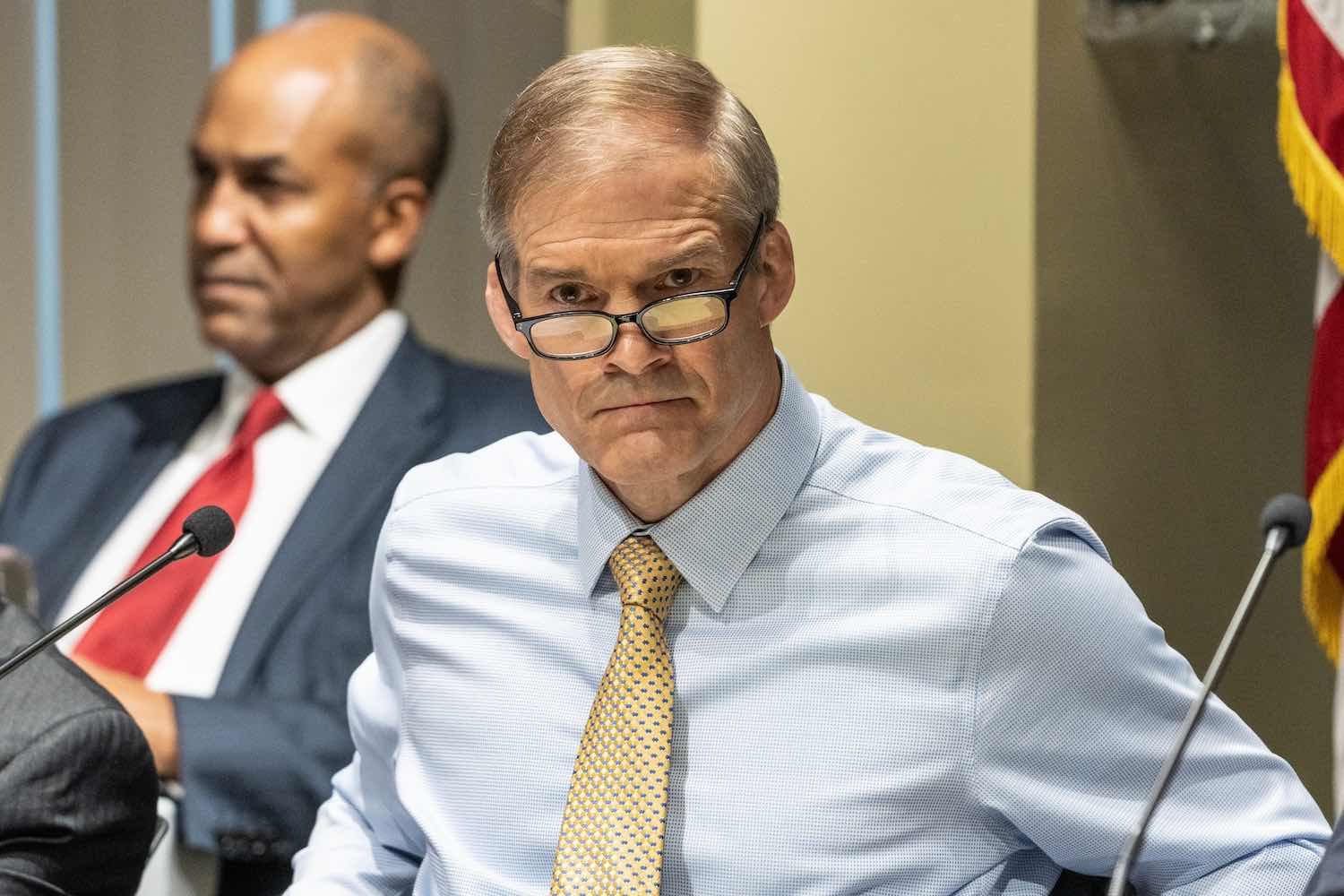ImpactAlpha, May 18 – Slowly and then all of a sudden, shareholders have management on the run in a series of proxy votes on climate and other issues. That has ExxonMobil’s directors squirming.
At ConocoPhillips and its spinoff, Phillips66, large majorities of shareholders last week bucked management to approve shareholder proposals pressing for climate action. At Dupont’s meeting, 81% of shareholders asked the company to report on spills of plastic pellets, a major source of microplastics pollution.
“I’ve never seen anything like it before,” said As You Sow’s Andy Behar, referring to a string of proxy-season wins for shareholders on votes for stronger action and disclosure on ESG, or environmental, social and governance issues, including racial justice and climate. As You Sow filed the Dupont resolution.
“We’ve been planting the idea of shareholder empowerment, and with this wave, we’re starting to see that power,” Behar told ImpactAlpha.
In one week, climate activists notched as many majority votes on climate proposals at fossil fuel producers as in “the entire history of the U.S. oil and gas industry,” notes Ceres’ Andrew Logan. “The bar has really been raised in what investors expect from this industry,” he adds. “Small steps are not enough; they want to see transformational change.”
All eyes on Exxon
Exxon’s annual general meeting is set for May 26. The oil major faces a reckoning over its years of climate obstruction and financial underperformance, with a challenge to the re-election of CEO Darren Woods and outside director Kenneth Frazier and an insurgent slate of four outside directors backed by an activist hedge fund and several major institutional investors. A simple majority vote can determine board membership.
The price of Exxon’s shares has rebounded in recent weeks along with oil prices. But many investors have soured on management after many years of climate obfuscation and capital misallocation. Exxon last year recorded an historic loss of $22.4 billion, wrote down the value of its assets by $22 billion and slashed spending by one-third.
Exxon is facing both inside and outside efforts to restructure its business. In March, activist investor Jeffrey Ubben of Inclusive Capital Partners and another director joined Exxon’s board under an agreement with D.E. Shaw, which owned roughly 5.6 million shares in Exxon at the end of the first quarter. Ubben has supported Exxon’s plans to expand some oil and gas production while exploring carbon capture and biofuels opportunities.
Also on the docket are two shareholder proposals flagged by the influential group Climate Action 100+ that ask Exxon to assess its financial prospects in the event of a significant reduction in fossil fuel demand and to report on how its lobbying aligns with the Paris accord.
From the outside, another new activist hedge fund, Engine No. 1 has waged a multi-million dollar campaign to shake-up Exxon’s board with candidates that bring relevant energy industry and transition expertise.
Engine No. 1’s Charlie Penner has led a campaign to add four candidates with energy transition experience to the oil giant’s board. Supporting the board shakeup so far: CalPERS, CalSTRS, the Church of England, the New York Common Retirement Fund, and asset manager Legal & General Investment management. LGIM, which holds a roughly $1 billion stake in Exxon, will also vote against Exxon CEO and chairman Darren Woods.
Last week, proxy advisor Institutional Shareholder Services endorsed three of the four “dissident” board candidates, explaining its rationale in a 26-page analysis. “This proxy contest is the first at a large-cap company in the United States in which the quantitative case for change is explicitly constructed around considerations relating to an energy transition,” it wrote.
Another advisor, Pensions & Investment Research Consultants, also threw its weight behind Engine’s campaign. Glass Lewis, the other big proxy advisor, is expected to follow suit. Such proxy advisors hold great sway. Almost one-quarter of ISS clients voted in lockstep with its recommendations on contentious votes in 2017, according to a recent study. That kind of influence, and especially the advisors’ support for ESG issues, spurred the Securities and Exchange Commission during the previous administration to adopt rules to limit the advisors influence.
UPDATE: Engine No. 1’s position got a further boost on Tuesday from an unlikely source: the International Energy Agency. The typically conservative agency declared that no new fossil fuel development can be undertaken if the world is to achieve net-zero emissions by 2050.
Whither BlackRock?
Which way the votes go will depend in large part on big asset managers such as BlackRock, Vanguard and State Street. State Street’s board chairman Joseph Hooley sits on Exxon’s board, but BlackRock in particular is being scrutinized for its voting record this season. Activists have called out the world’s largest asset manager for a voting record they say fails to match the rhetoric of CEO Larry Fink.
BlackRock voted for BlackRock 99% of U.S. company-proposed directors across the energy, utility, banking, and automotive sectors in 2020, but just three of 36 “climate-critical” resolutions, according to an analysis by Majority Action. It has vowed to do better, and its new global head of investment stewardship, Sandy Boss, may be looking to make a mark. In the first quarter, BlackRock said it voted against 53 directors and 47 companies due to climate concerns, compared to 64 directors and 69 companies for all of last year.
“It’s going to be hard for any investor who claims to be climate aware to vote against this board refresh at Exxon,” said Ceres’ Logan. CEO Wood’s leadership is on the line and other oil and gas companies will be watching, he said. “Losing your job can focus the mind like nothing else.”
BlackRock may well have noticed LGIM’s early support for the new slate of directors. In 2019, Legal & General won a $50 billion mandate over BlackRock and others from Japan’s giant Government Pension Investment Fund, reflecting GPIF’s push for more active oversight of the “negative externalities” created by companies in its portfolio. L&G, one of the U.K.’s largest asset managers, had attracted attention when it divested some holdings in ExxonMobil because of the oil giant’s inadequate response to climate change.
One wildcard: around half of Exxon shares are owned by individual investors, who often do not vote or vote with management.
Institutional shift
Pension funds and other major investors have been key to the dramatic shift in the outcomes of shareholder votes. Climate-risk disclosure at companies increases by an average of 4.6% for each shareholder proposal submitted, recent research shows, and more when such proposals are pushed by long-term institutional investors.
The proposal at ConocoPhillips called for cuts in its “Scope 3” emissions, which cover the use of its products by customers, the largest source of emissions. Two proposals at Phillips66 asked the company to set emissions-reductions targets and to report on its lobbying – and how it aligns with the goals of the Paris climate agreement.
At American Express, 60% of shares were voted in support of a resolution calling for a report on diversity, equity, and inclusion practices. And all but 1% of Bunge Ltd shareholders supported a measure asking the agribusiness giant to eliminate deforestation in its soy supply chain. GE shareholders were nearly unanimous in asking the company to report on its plans to achieve net-zero greenhouse gas emissions (GE and Bunge supported the resolutions).
The string of wins feels like a turning point to shareholder advocacy groups who for decades have pushed and prodded companies toward better environmental and social performance and transparency.
In its first 27 years of filing shareholder resolutions, As You Sow only twice attracted a majority of votes.











